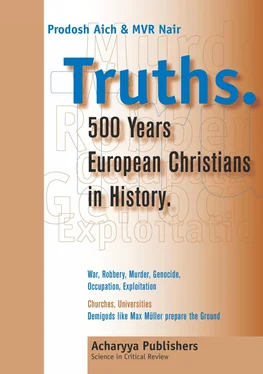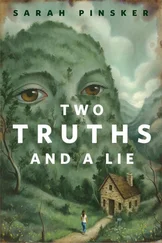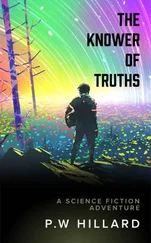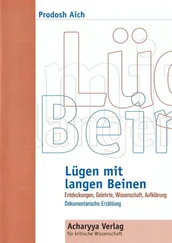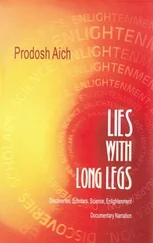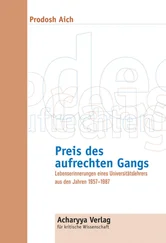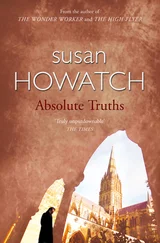Ø American Oriental Society was founded in 1842. This so-called oldest US learned society claimed to deal with basic research in languages and literatures of Asia. It also claimed to deal with subjects like philology, literary criticism, textual criticism, palaeography, epigraphy, linguistics, biography, archaeology, and the history of the intellectual and imaginative aspects of Oriental civilizations, especially of philosophy, religion, folklore and art. Is there any area of so-called Humanities left? Quite naturally all European waves, also the orient enthusiasms, reached the European “colonisers” in “America” too. But learned societies for basic research as well? Who were the “scholars”?
Ø Asiatic Society of Paris . If one puts Asiatic Society of Paris in the search machines of the web, one gets something else. Journal of the Royal Asiatic Society of Great Britain and Ireland, Asiatic Society of Japan - Wikipedia, the Free Encyclopaedia, Journal of the Asiatic Society of Bengal and so on. If one goes deep, one finds in the “Bibliot. Nat. France cat.” a Société Asiatique, founded in1822.
Ø Oriental Society of Germany. In the search machines of the web there is no reference to a society called Oriental Society of Germany. The nearest approach would be: The Deutsche Orient-Gesellschaft (DOG), which is an “Eingetragener Verein” - a registered voluntary association -, based at Berlin in Germany. The DOG was officially founded in January 1898 to foster public interest in oriental antiquities. Then there was The Deutsche Morgenländische Gesellschaft (DMG), a scholarly organization dedicated to studies on Asia and on a broader Orient. The DMG was established on 2 October 1845 in Leipzig by leading Oriental scholars from Germany, as well as members of other “Oriental Societies” such as the Asiatick Societies in Paris, London and Kolkata.
We do not know whether others also stumbled so often while studying the inner title-page of this book as we did and/or how they reacted if they did actually stumble. Nothing is handed down on this issue. We are surprised. We have become apprehensive by this simple check-up, which leads us to ask questions like: Are these simple inaccuracies? Don’t they show too many facets to be accounted for as just careless inaccuracies? We remain apprehensive. That is why we raise other questions like: Could there be a system behind these inaccuracies? Who is this Max Müller, M.A.? What is known about his life, work and career? What did he do? How did he earn his living? Which institutions recruited him? We have taken note of all these dissonances arisen in our mind about the author Max Müller, M.A.
*****
It has not escaped our attention that there are no references to the sources in the entire text we have cited in the beginning of this chapter. Before we get into the issue of sources, we would like to turn back our attention to the quoted text in the beginning and start reading it more carefully. As mentioned, we are simple-minded persons. We are slow in grasping because we read every sentence and try to comprehend the whole meaning. This is the way how we read. We apologise in advance if our mode of reading should irritate. But we are as we are.
“ No one who is at all acquainted (Max Müller obviously claims to be well “acquainted”) with the position which India occupies in the history of the world (Max Müller claims to be a “global” historian) , would expect to find many synchronisms (! ?) between the history of the Brahmins (We shall have to verify his claim to know all about the Brahmins correlating the claims to his biography.) and that of other nations before the date of the origin of Buddhism in India (Had there been ‘nations’ prior to Buddhism?) . Although the Brahmins of India belong to the same family, the Aryan or Indo-European family (How has it been established that there was “ the Aryan or Indo-European family ”, when, by whom and how?) , which civilised the whole of Europe, the two great branches of that primitive race were kept asunder for centuries after their first separation (“ first separation ”? Does Max Müller subtly intend to make us believe that there are Aryans and Aryans who are in fact Indo-Europeans? And that these “ two branches of this primitive race ” separated at some “pre-historic” period? That one of the branches civilised the whole of Europe? That the branch of the Brahmins was inferior to those who had civilised the whole of Europe?). The main stream of the Aryan nations has always flowed towards the North West (How does Max Müller arrive to this assertion?). No historian can tell us by what impulse those adventurous Nomads were driven on, through Asia towards the isles and shores of Europe (Has there been any systematic ‘historical research’ on this issue?) . The first start of these world-wide migrations belongs to a period far beyond the reach of documentary history; to times when the soils of Europe had not been trodden by either Celts, Germans, Slavonians, Romans or Greeks (How can we know anything if it is beyond historical sources? How should Max Müller come to know about ‘ the first start ’?) . But whatever it was (Obviously Max Müller is not keen to establish how it has been!) , the impulse was as irresistible as the spell which, in our own times, sends the Celtic tribes towards the prairies or the regions of gold across the Atlantik. It requires a strong will, or a great amount of inertness, to be able to withstand the impetus of such national (?) , or rather ethnical (?) movements. Few will stay behind when all are going. But to let one’s friends depart, and then to set out ourselves – to take a road which, lead where it may, can never lead us to join those again who speak our language and worship our gods (gods?) – is a course which only men of strong individuality and great self- dependence are capable of pursuing (We are left speechless by these limitless fantasies!) . It was the course adopted by the southern branch of the Aryan family, the Brahmanic Aryans of India and the Zoroastrians of Iran.
At the first dawn of traditional history (What is traditional history? Who handed it down? When? Where is it available?) we see these Aryan tribes (!) migrating across the snow of the Himâlaya (Is it by any means possible to migrate ‘ across the snow of the Himâlaya ’ on foot?) southward to the ‘Seven rivers’ (the Indus, the five rivers of the Panjâb and the Sarasvati), and ever since India has been called their home. That before that time they had been living in more northern regions, within the same precincts with the ancestors of the Greeks, the Italians, the Slavonians, Germans and Celts, is a fact as firmly established (‘ firmly established ’ by whom, how and when?) as that the Normans of William the conqueror were the Northmen of Scandinavia (What is the message behind this rather poetic narration: Only Aryan “tribes” have brought ‘civilisation’ to mankind? What about the Semites? Had there been other “tribes” also?) . The evidence of language is irrefragable, and it is the only evidence worth listening to with regard to ante-historical periods (Max Müller claims to be an expert in ‘Linguistics’ also!) . It would have been next to impossible to discover any traces of relationship between the swarthy natives of India and their conquerors, whether Alexander or Clive, but for the testimony borne by language (Is this a subtle message that the Christian occupants of in Bharatavarsa were not ‘colonizers` in fact? Did they just visit their relatives and they claimed their legal ‘heir’, while they were plundering indiscriminately?) .
Читать дальше
